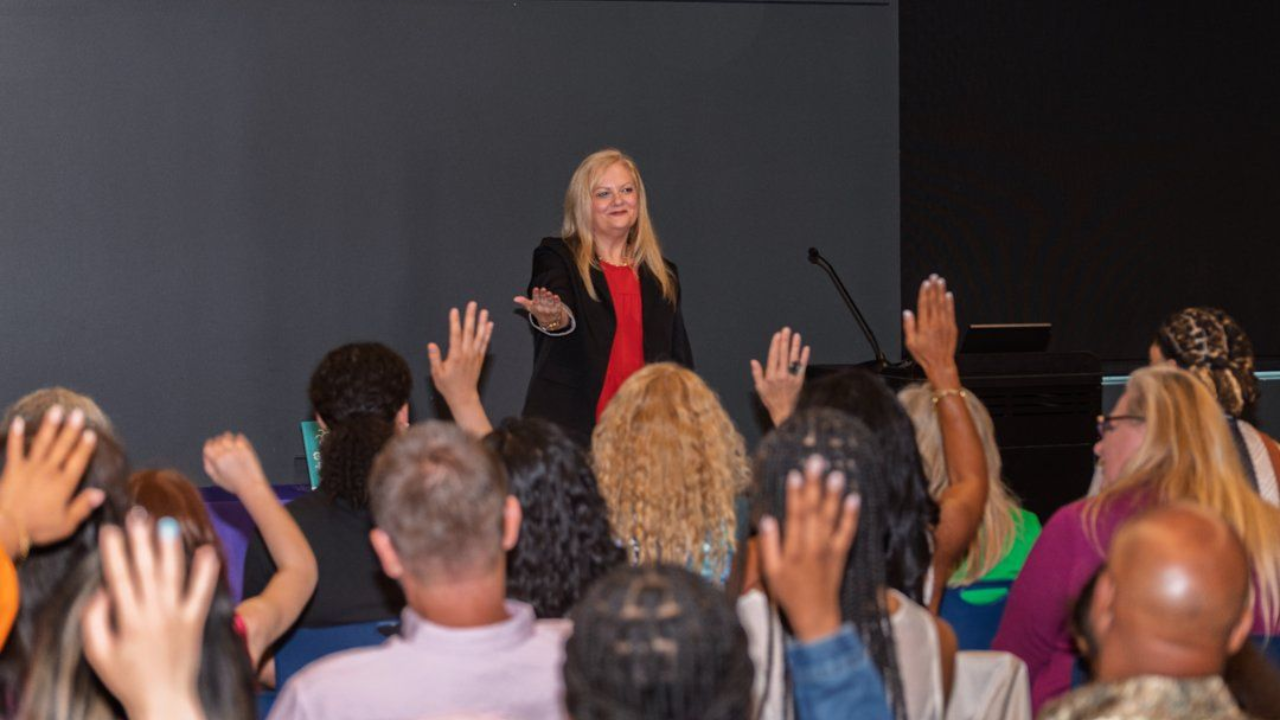Carrie, Big, and the Dopamine Trap: Why People Go Back to Betrayers-- and How to Break Free
Oct 13, 2025
The other night, my daughter—who lives out of state—called me, clearly fired up. She’d been watching Sex and the City and couldn’t hold back:
“I don’t understand why people think this is what a good relationship looks like… it’s toxic.”
I smiled, because she was absolutely right. Carrie and Big’s relationship is iconic, but it’s also a masterclass in emotional addiction. He left her, married someone else, ghosted her emotionally, and yet she kept going back. And eventually, she married him.
To my daughter, it was baffling. For many of us, we don't understand why someone would go back to someone who deeply betrays them.
The Brain Chemistry of Betrayal
Love activates the brain’s reward system, flooding it with dopamine, the neurotransmitter responsible for pleasure and motivation. Betrayal disrupts that flow—but the memory of emotional highs remains. When a betrayer apologizes, it can trigger a dopamine spike, offering temporary relief and emotional euphoria.
This creates a dangerous loop: Betrayal → Pain → Apology → Dopamine → Hope → Repeat
It’s not just emotional—it’s neurological. The brain craves resolution, and apologies feel like closure, even when they’re hollow.
Why We Keep Going Back
-
Emotional Addiction: The relationship becomes a source of highs and lows, like a rollercoaster you can’t stop riding.
-
Fear of Loneliness: The pain of being alone can feel worse than the pain of betrayal.
-
Hope for Change: We cling to promises, believing love can fix what broke us.
-
Identity Entanglement: When your sense of self is tied to the relationship, leaving feels like losing part of yourself.
-
Social Media Reinforcement: Seeing your ex online, watching their stories, or receiving a “like” reignites emotional attachment and dopamine cravings.
Many of us don’t understand why people repeatedly go back to someone they know isn’t good for them. But the truth is: it’s not always a conscious choice. It’s a chemical craving, a psychological loop, and a fear of facing the unknown.
How to Break the Cycle
1. Go Cold Turkey Block, mute, unfollow. Dopamine thrives on unpredictability—cut off the source to stop the craving.
2. Rewrite the Narrative Journal the truth of what happened. Not the fantasy, not the apology—just the facts. This helps rewire your emotional memory.
3. Replace the Highs Find new sources of dopamine: exercise, creativity, meaningful connection. Your brain needs new rewards.
4. Build a Support System Talk to friends, join support groups, or seek therapy. Isolation fuels relapse—connection fuels healing.
5. Create a Closure Ritual Write a letter you’ll never send. Burn it. Delete the chat history. Symbolic acts help the brain process endings.
6. Remember: Apologies Aren’t Always Change An apology without changed behavior is just manipulation. Don’t confuse regret with growth.
Conclusion: Choose Yourself
Going back to a betrayer isn’t weakness—it’s biology, psychology, and heartbreak tangled together. But you can choose differently. You can choose peace over chaos, truth over illusion, and healing over habit.
The apology may feel good—but your future will feel better.
STRONG HEART Warrior Project
-
Betrayal happened. You’re still here.
-
Gentle power isn’t weakness—it’s your weapon.
-
Rebuild your Trust Bridge. One truth at a time.
-
Healing isn’t quiet. It’s revolutionary.
-
Join the movement. Speak. Rise. Reclaim.
Stay connected with news and updates!
Join our mailing list to receive the latest news and updates from our team.
Don't worry, your information will not be shared.
We hate SPAM. We will never sell your information, for any reason.


